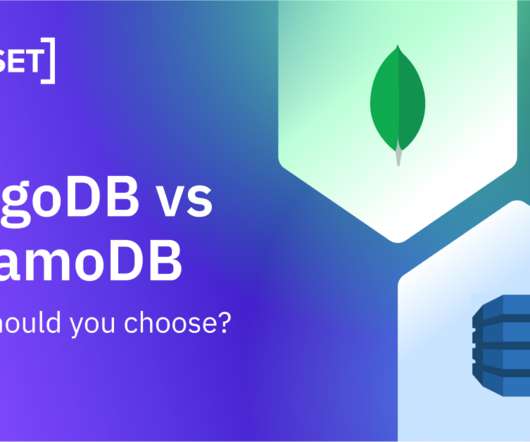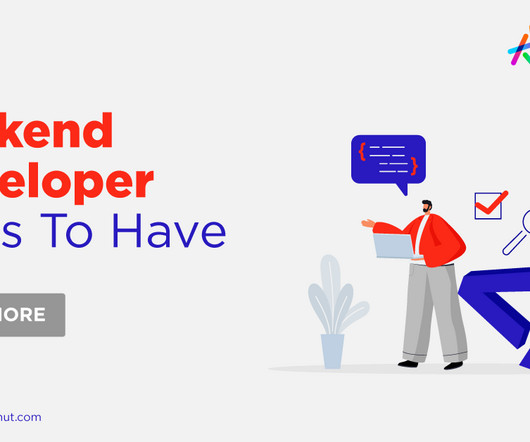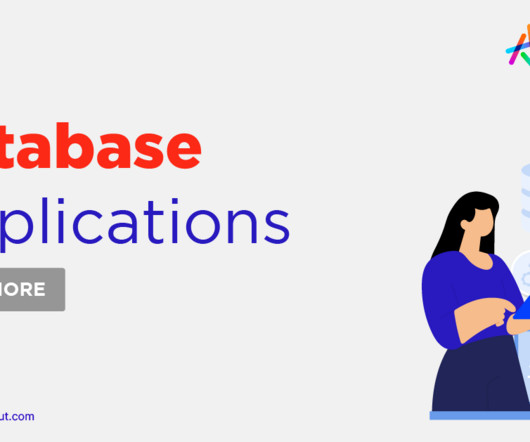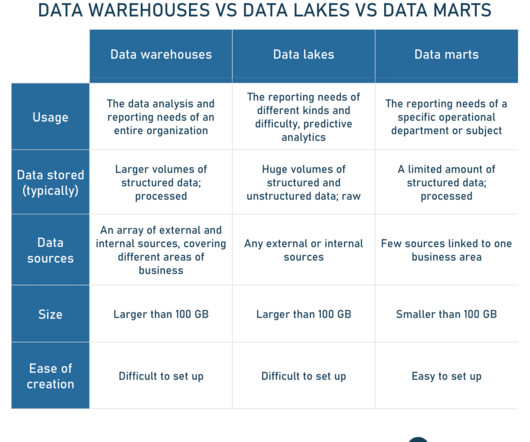MongoDB vs DynamoDB Head-to-Head: Which Should You Choose?
Rockset
JUNE 7, 2022
Relational databases scale up well, but can be painful to scale out when a company has more data than a single database server can manage. On the other hand, non-relational databases (commonly referred to as NoSQL databases) are flexible databases for big data and real-time web applications.













Let's personalize your content